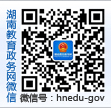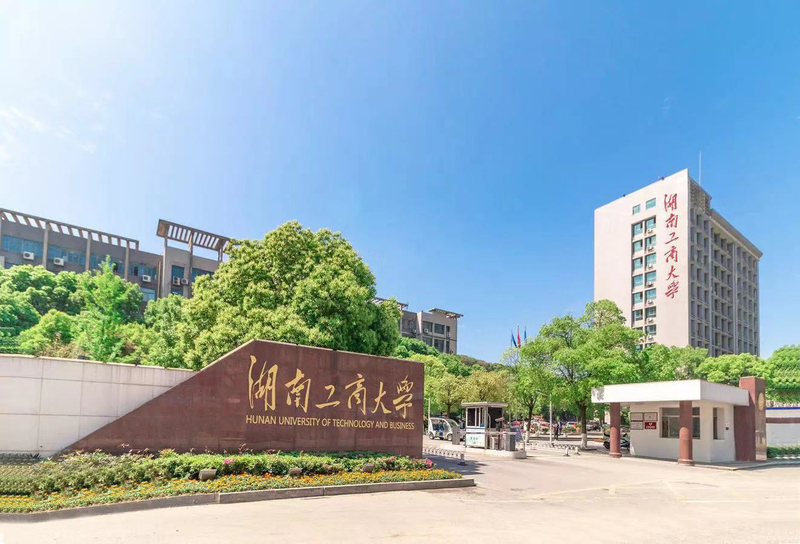Academician Chen Xiaohong Chairs Digital Economy Session of 5th Global Grand Challenges Summit
2023-10-08


On the evening of September 20, the 5th Global Grand Challenges Summit (GGCS) entered its third session, titled "Engineering Approaches to Digital Economy." Chen Xiaohong, an academician of the Chinese Academy of Engineering, Secretary of the CPC HUTB Committee, and Director of Xiangjiang Laboratory, presided over the keynote presentation and panel discussion session for this topic.

During the keynote presentation, Alfred Spector, NAE Member & Visiting Scholar at MIT and Senior Advisor at Blackstone, delivered a keynote speech titled "Beyond Models – Applying Data Science/AI Effectively." The presentation highlighted the need for a broader perspective to effectively apply data science and artificial intelligence, emphasizing that relying solely on data, statistics, and machine learning is not enough. Spector shared insights based on a recent book he co-authored, distilling the emerging challenges into a simple guideline and providing practical examples to illustrate its application. This guideline reveals the limitations of current technological levels and can be valuable for engineers and product managers.

Mark Enzer, RAEng Fellow & Visiting Professor, University of Cambridge & Strategic Advisor, Mott MacDonald, delivered a keynote presentation titled "Outcomes, Systems, and Interventions." In his presentation, he analyzed the connections between outcomes, systems, and interventions and explored how the adoption of an interconnected digital twin ecosystem can enhance the performance of existing building environments and address issues related to the delivery of new infrastructure assets. The presentation emphasized the need to shift our perspective on the building environment. Instead of viewing it as a series of construction projects, it should be seen as an integrated system composed of multiple subsystems. The ultimate goal of this system is clear: to achieve shared prosperity for people and the natural world for generations to come.

Wu Hequan, an academician of the Chinese Academy of Engineering, delivered a keynote presentation titled "Innovating Network Technology to Empower the Development of Digital Economy." In his presentation, he summarized the major trends in network technology development, based on the principles of wide bandwidth, extensive connectivity, large platforms, and comprehensive models. These trends include intergenerational leaps from 5G to 5.5G/6G, ubiquitous connectivity extending from terrestrial networks to low Earth orbit satellites, the transition from IPv4 to IPv6, the development from field operating systems to industrial internet platforms, and the application shift from Platform as a Service (PaaS) and Software as a Service (SaaS) to Model as a Service (MaaS). The presentation highlighted that technological advancements have improved network performance, enhanced network resilience and security, and effectively supported the development of the digital economy.

Zhang Yaqin, CAE Foreign Member & Dean of Institute for AI Industry Research of Tsinghua University, delivered a keynote presentation titled “Advances in Autonomous Driving.” The presentation pointed out that artificial intelligence (AI) has become a key technology in the new digital economy, with a particular focus on the breakthroughs in autonomous driving technology that are profoundly transforming the automotive and transportation industries. Autonomous driving has brought about a historic opportunity, changing the landscape in academic, technological, and industrial domains through advanced perception and execution technologies, high-precision map-making methods, new machine learning algorithms, intelligent planning and control technologies, new 5G/6G infrastructure, and cloud and edge computing methods. Over the past five years, it has been evident that automotive manufacturers, Tier-1 suppliers, as well as new forces in the internet and high-tech industries have demonstrated unprecedented innovation and vitality in research and development, investment, joint ventures, road testing, and commercial experiments.

David McKee, Executive Partner at Counterpoint Technology, Chief Technology Officer for the University of Leeds, Chair of Digital Twin Consortium, and CTO at Crysp Digital Compliance, delivered a keynote presentation on "Accelerating Digital Innovation Through Academic and SME Collaboration." The presentation highlighted that many scholars and SMEs are at the forefront of innovation, breaking new ground. However, they often have a tendency to be protective of their innovations and may not readily collaborate with others. Through case studies and analysis, the presentation explored the collaborative products and their impacts in the context of the digital twin and discussed best practices for creating a digital twin to facilitate innovation.

Diane Greene, NAE Member, Member of the Board of Directors of Stripe and MAERSK, and Chair Emerita of Massachusetts Institute of Technology, delivered a keynote presentation on "Embracing AI Disruption Across Disciplines to Advance Engineering for the Digital Economy." The presentation pointed out that engineers have long used new technologies to solve problems. Now, artificial intelligence (AI) has made unprecedented progress at an incredible speed, giving it capabilities surpassing human intelligence and making it applicable across various industries. This is advantageous for engineers to solve complex global problems at an accelerated pace. Artificial intelligence, unlike previous groundbreaking technologies that took years to be widely adopted, is different in that its rapid development has sparked urgent concerns about its potential negative impacts, including threats to humanity. These concerns have led some experts to call for a "pause" button. The presentation emphasized why it is no longer possible to put the AI "genie" back in the bottle. In past technological breakthroughs, engineers have effectively dealt with various beneficial or harmful tools. Even as the capabilities of AI enter uncharted territory, engineers can and must proactively address these challenges. Today, engineers are actively using AI to do beneficial things. The emphasis should be on pushing forward with this progress, advancing AI technology while mitigating its potential risks.




During the panel discussion session, the six prominent academicians and experts who delivered keynote speeches, along with Ann Herman, a young scholar representative from Peking University, engaged in active interactions with both online and offline participants. They discussed and shared their insights and many new ideas related to the third theme of this summit, "Engineering Approaches to Digital Economy." Their contributions propelled this top-tier academic exchange to a new climax just before the conclusion of this year's summit.









